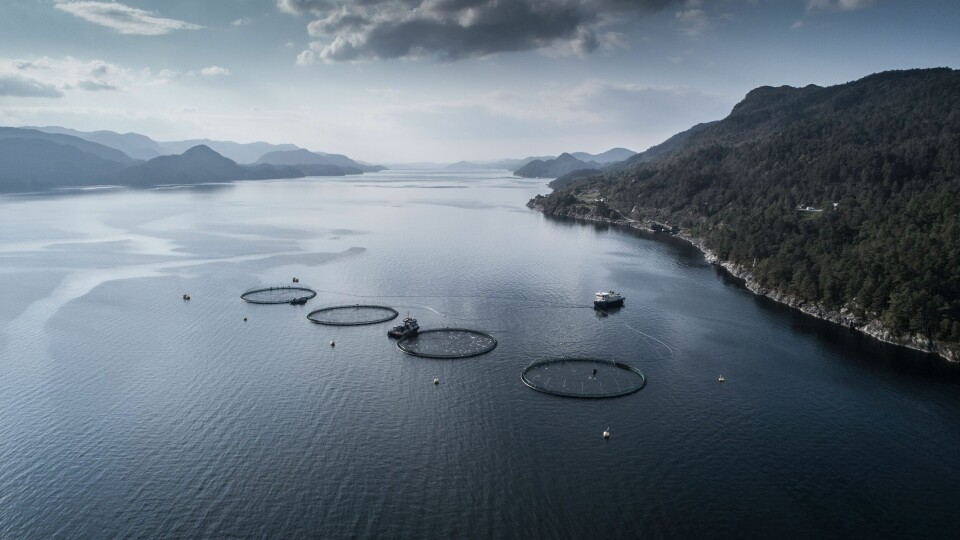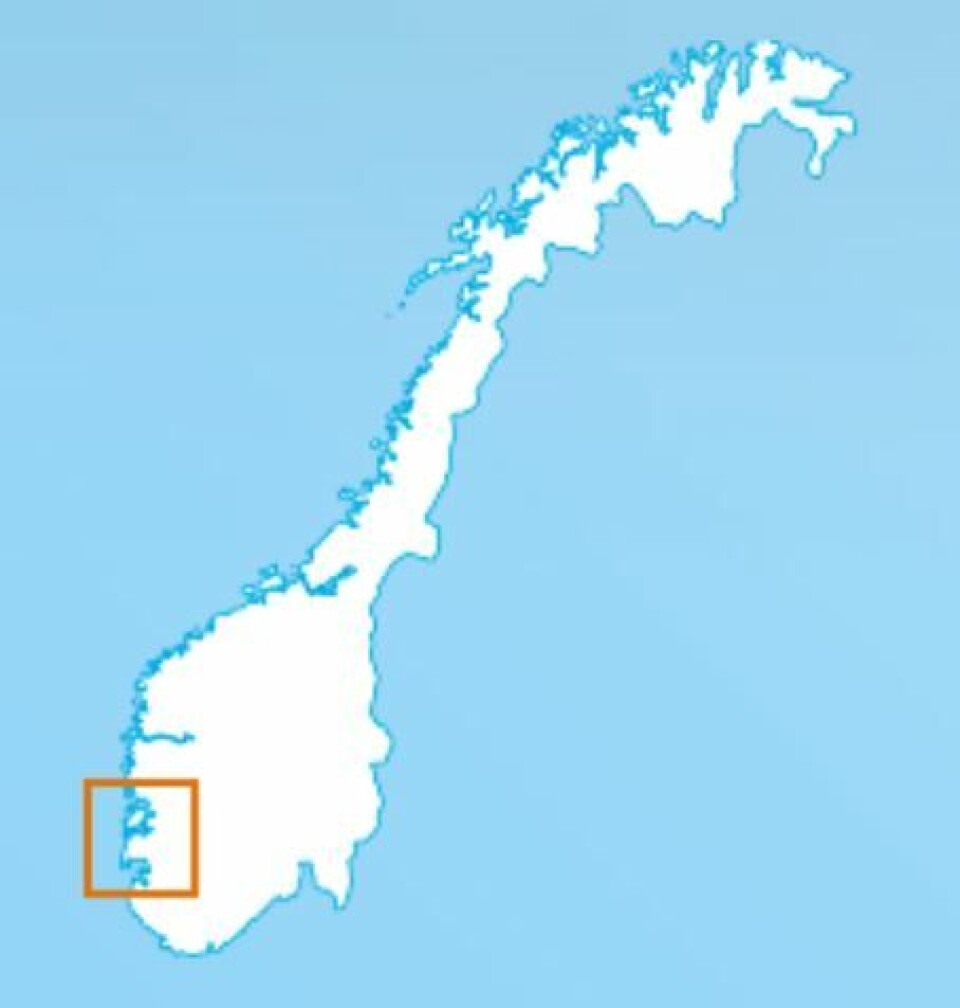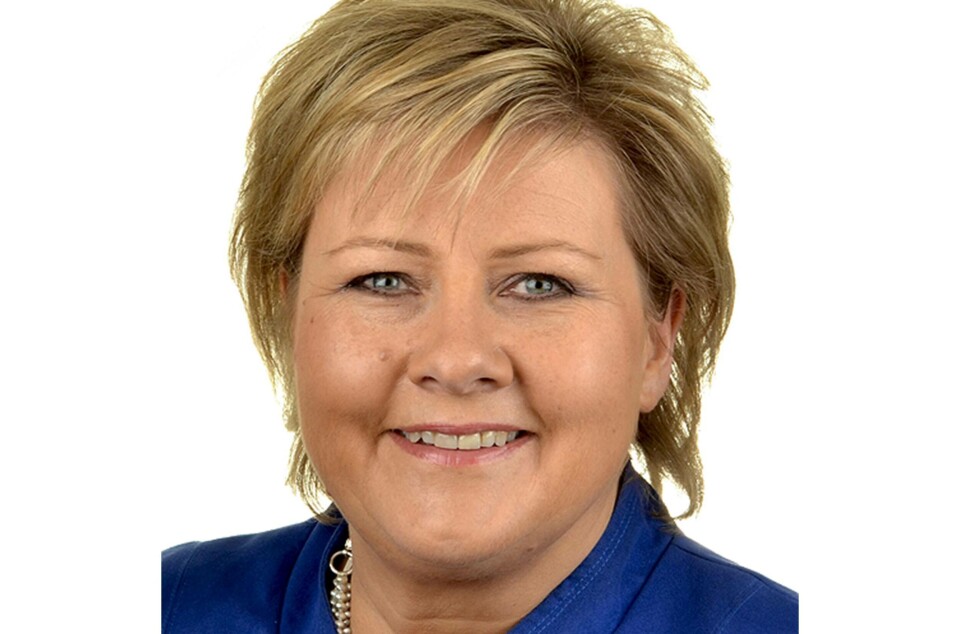
World’s first full-electric net pen farm opened
The world’s first fully electric net pen salmon farm was today officially opened in Norway by the country’s prime minister, Erna Solberg.
The pilot site at Loddetå in the Sveio municipality south of Bergen is a collaboration between salmon farmer Bremnes Seashore, power, robotics, and automation giant ABB, and environmental non-governmental organisation Bellona.
Several fish farmers in Norway have already provided shore power for feed barges, but Bremnes is first to provide shore power all the way to the cage edge so that work operations on the cages can also be electrically driven.
Among other things, Bremnes Seashore has invested in an electric work catamaran that is now in operation at Loddetå.

‘Incredibly proud’
“We who work in Bremnes Seashore are incredibly proud to be the first in the world with a fully electric salmon farming facility,” said the company’s development manager, Simon Nesse Økland.
“This has been possible thanks to good cooperation with ABB, Bellona and other partners. With shore power right on the edge of the cage, it becomes possible to carry out all energy-intensive operations with renewable energy.
“Fully electric aquaculture sites are good news for employees, salmon, neighbours and the community.”
High voltage
Several challenges had to be solved in order to operate the fish farm with shore power. The equipment that provides power to the various operations must withstand the damp and sometimes harsh climate that can be experienced on a fish farm.
“Bremnes Seashore is leading the way for the rest of the industry, and we expect many others to move in this direction in the coming years as well,” said Lars Andersen, sales specialist for aquaculture in ABB.
“ABB has long experience in electrification, and in this project it has been a point to carry out the electrification exclusively using standard components. With the help of high voltage it is also possible to deliver more power, even to plants that are far from land.”

Role model for fish farming
Bellona, ABB and Bremnes Seashore had made a role model for the rest of the industry through the collaboration at Loddetå, said the prime minister.
She added that she hoped this was just the start of a complete electrification of the aquaculture industry along the entire coast.
“The aquaculture industry creates enormous value for Norway, but it also has a footprint and greenhouse gas emissions,” said climate and environment minister Sveinung Rotevatn.
“We need more innovation to get the aquaculture industry into the ‘green shift’, and it is crucial that we electrify what we can.”
A feasibility study carried out as part of a 2018 report by Bellona and ABB showed that full electrification of Norwegian marine fish farms – including running boats, net washers and other equipment with clean energy - could cut 300,000 tonnes of CO₂ emissions, equivalent to the emissions from 150,000 petrol and diesel cars.























































